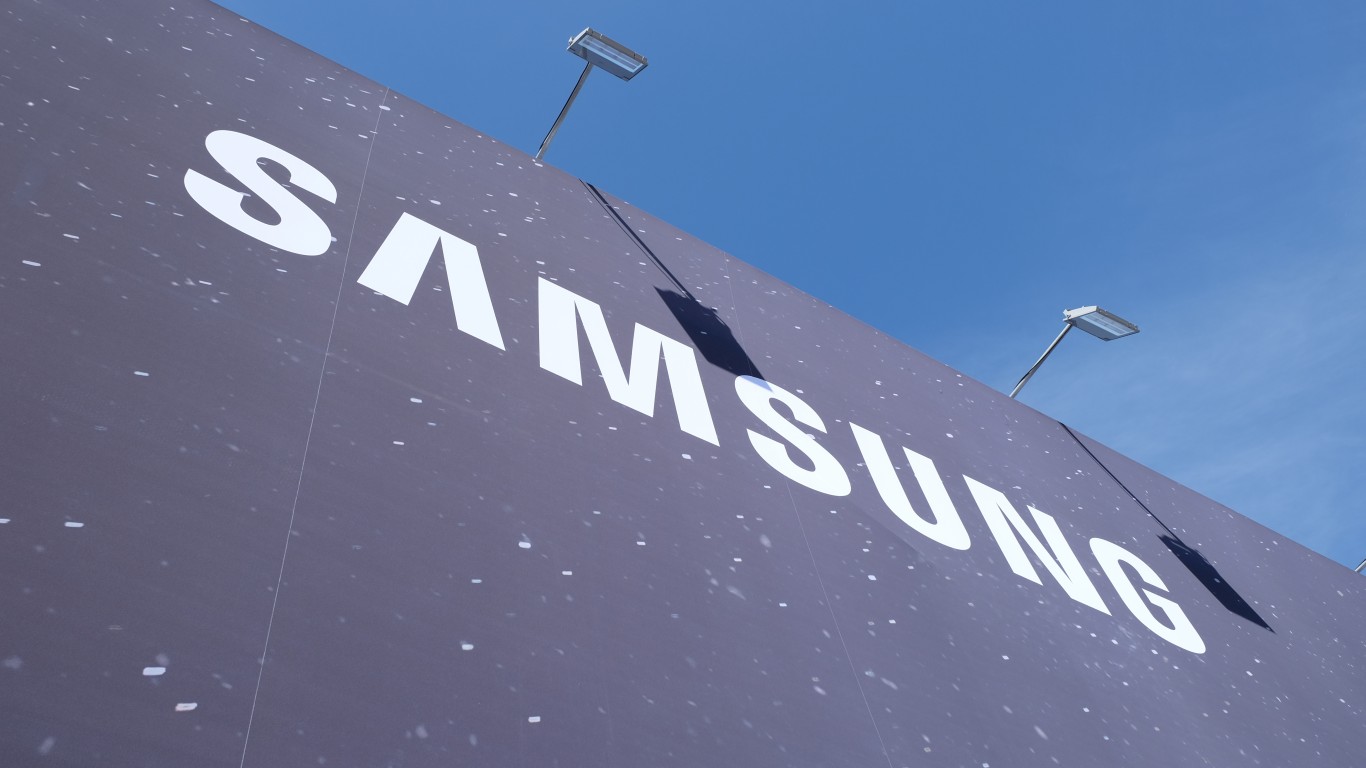Investing
Samsung to Retain Google as Default Search Engine on Its Devices: Report

Published:

In April, Samsung had considered replacing Google with Microsoft’s Bing as its preferred search engine on its devices. However, the South Korea-based smartphone maker appears to be scrapping those plans after suspending an internal review, the Wall Street Journal reported today.
Samsung Electronics will not replace Google as the default search engine on its devices with Microsoft’s Bing shortly, going back on its previous considerations, according to the WSJ.
Samsung’s U-turn comes after the world’s biggest smartphone manufacturer halted an internal review exploring a possible decision to switch from Google to Bing on its electronics devices. Google has been Samsung’s go-to search engine for 12 years.
Last month, the New York Times (NYT) reported that the South Korean electronics giant was mulling over replacing Google with Bing, which recently got buffed with artificial intelligence (AI) technology that powers the latest sensation, ChatGPT. Earlier this year, Microsoft invested $10 billion in ChatGPT as part of its broader plan to focus on opportunities in the nascent AI space.
If Samsung had decided to pursue its initial plans, the company would have handed Bing an important victory in the search-engine market dominated by Alphabet’s Google for decades. In addition, it would also put at risk roughly $3 billion in annual revenue for Google. The NYT report of a potential switch allegedly caused “panic” at Google.
While Google’s dominance in the search space is yet to be challenged, it comes at a hefty cost. In 2020, the WSJ report said that the tech giant pays Apple between $8 billion and $12 billion to remain the default search tool on iPhones and other Apple devices. Forbes later reported that this figure rose to nearly $15 billion in 2021 and was forecasted to hit $18–$20 billion in 2022.
It is known that Google has a similar deal with Samsung, though the figures involved are estimated to be substantially smaller, according to industry analysts. While the two companies compete in some product areas, they have been each other’s loyal customers in several other categories over the years.
Google accounts for around 93% of all searches made on computers and mobile devices, compared to Bing’s mere 3%, according to Statcounter data.
This article originally appeared on The Tokenist
Credit card companies are at war. The biggest issuers are handing out free rewards and benefits to win the best customers.
It’s possible to find cards paying unlimited 1.5%, 2%, and even more today. That’s free money for qualified borrowers, and the type of thing that would be crazy to pass up. Those rewards can add up to thousands of dollars every year in free money, and include other benefits as well.
We’ve assembled some of the best credit cards for users today. Don’t miss these offers because they won’t be this good forever.
Flywheel Publishing has partnered with CardRatings for our coverage of credit card products. Flywheel Publishing and CardRatings may receive a commission from card issuers.
Thank you for reading! Have some feedback for us?
Contact the 24/7 Wall St. editorial team.